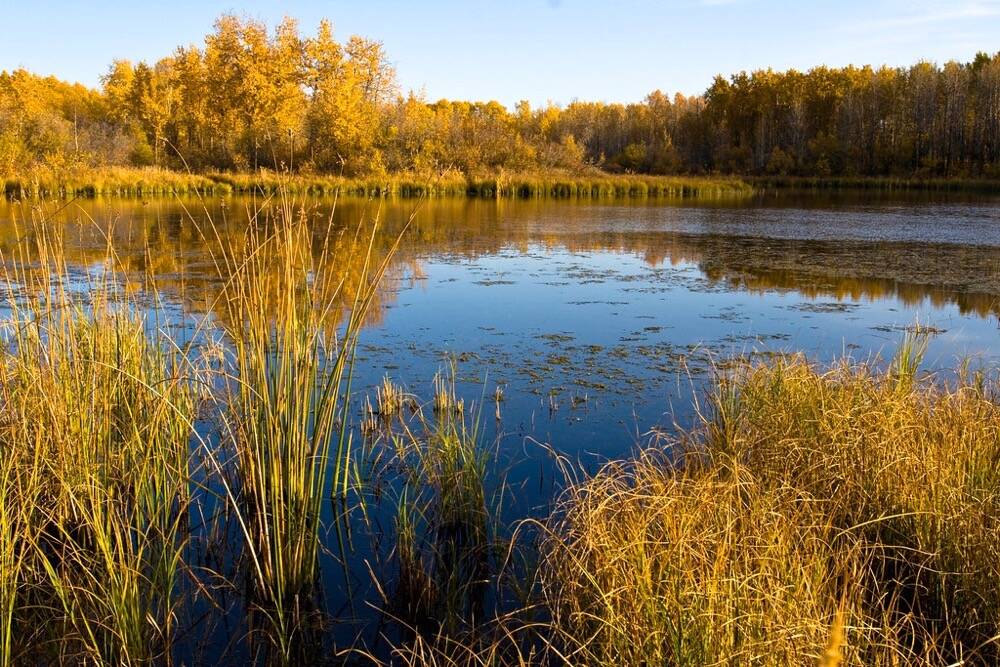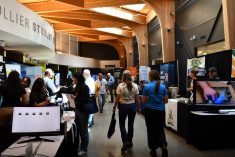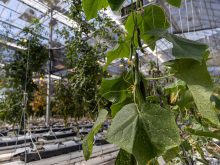An ag research leader in Alberta has formed new partnerships in a database project meant to boost access to agricultural research metadata across Canada.
Results Driven Agriculture Research (RDAR) is joining forces with Genome Alberta and Genome British Columbia (Genome B.C.) for the development and launch of the Agriculture Metadata Commons (AMC).
A Nov. 6 RDAR news release explained the current challenges of research data accessibility in Canada and how the AMC stands to address them.
Read Also

Alberta boosts investment in wetland restoration
The province plans to add 67 hectares of new wetlands to strengthen natural flood and drought defences and improve water quality.
“Genomics is the big data science that helps us understand DNA — the code of life. With advances in machine learning and artificial intelligence we are beginning to unlock a whole other level of insight from large data sets,” it read.
“However, a challenge we face is research data often remains siloed, limiting visibility, collaboration, and efficiency across the sector.”
The AMC catalogues metadata — which RDAR describes as information about soils, crops and livestock data — rather than the data itself.
RDAR says this approach will grow awareness of existing research projects and datasets, improve collaboration among researchers and funders, reduce duplication of effort and enable more strategic, outcome-driven investments in new research areas.
RDAR CEO Mark Redmond emphasized the importance of de-siloing research information.
“Siloed data restricts the potential for collaboration and innovation,” he wrote.
“The Agriculture Metadata Commons will break down these barriers, enabling a more connected and efficient research ecosystem. RDAR is proud to support this initiative, which aligns with our commitment to delivering meaningful outcomes for Alberta’s producers.”
Kajal Latimer, director of science and technology with the Canadian Angus Association, called the project “long overdue and much needed.”
“At present, Canadian agriculture-agrifood researchers lack a central resource to verify the availability of data points,” he explained.
“Because research data is often expensive and difficult to collect, this tool has the potential to reduce costly reinvestment in recollecting existing data and to strengthen experimental designs that might otherwise proceed without critical information. Further, the resulting resource may also open the door to increased collaboration and knowledge-sharing between researchers.”
Funded by both the federal and provincial governments through the Sustainable Canadian Agricultural Partnership, RDAR is a non-profit organization mandated to target strategic investments in producer-led, results-driven agriculture research. It’s investing $213,000 in this initiative.















